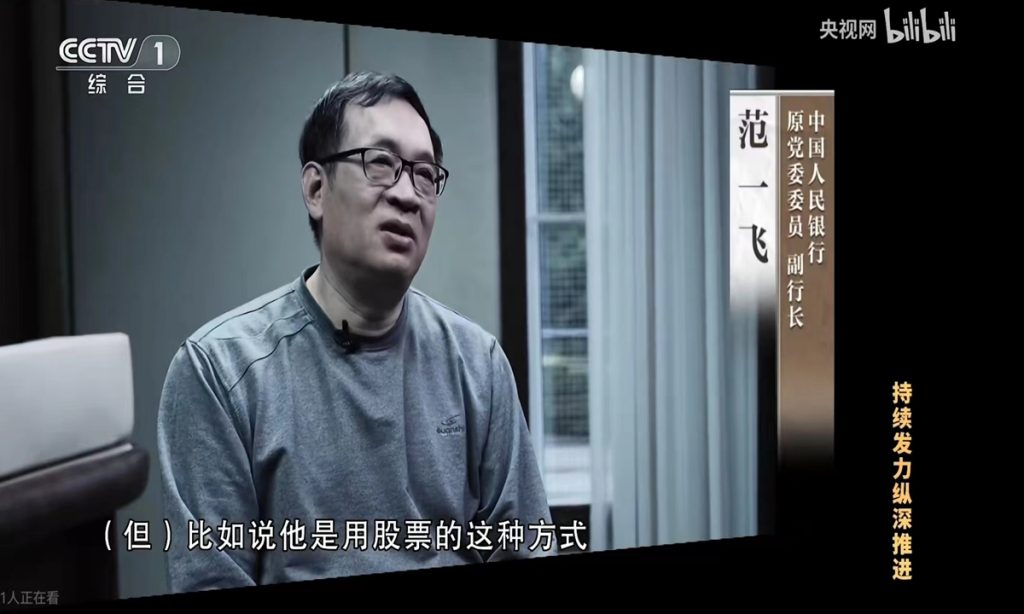'Tigers' in financial, medical sectors successively toppled

China's top anti-graft watchdog has placed four "tigers" under investigation from sectors including public security, finance and state-owned enterprises in the past week, demonstrating the country's strong determination to continue its efforts in deepening the fight against corruption, the Central Commission for Discipline Inspection (CCDI) said on Tuesday.
Experts noted that the financial and medical sectors will become the key targets of this year's anti-graft campaign, and the high intensity indicates there will be more senior officials to be put under probe than in previous years.
The four senior officials include former anti-terrorism chief Liu Yuejin, former vice president of China Development Bank Li Jiping, former general manager of China National Offshore Oil Corporation (CNOOC) Li Yong and vice chairman of the Standing Committee of the Heilongjiang Provincial People's Congress Li Xiangang, according to the report published by CCDI's official media outlet on Tuesday.
Liu Yuejin, 65, is the first senior official from the public security system to fall after the conclusion of this year's two sessions. Liu served as the commissioner for counterterrorism from December 2015 until June 2020, which makes him the first and so far the only person to have served in this former vice-minister level post.
With the addition of Liu, the number of senior officials under probe in 2024 has increased to 13, Caixin reported on Tuesday.
Multiple media reports revealed over recent days that Tian Wei, an academician of Chinese Academy of Engineering and former president of China's top-tier hospital, the Beijing Jishuitan Hospital, is under investigation on suspicion of corruption.
Tian's case reportedly involves a substantial amount of money, Caixin reported on Sunday, marking a "landmark case" in China's anti-graft campaign in the healthcare sector.
"Corruption is the biggest cancer that undermines the vitality and effectiveness of the Communist Party of China (CPC), and anti-corruption is the most thorough self-revolution," read the CCDI report.
Also on Tuesday, China announced the initiation of the "Sky Net 2024" campaign specially dealing with the pursuit and recovery of corrupt officials and assets overseas. It includes cracking down on the use of offshore companies and underground money transfer networks for illicit funds, conducting special operations to trace and retrieve assets in cases of fugitive suspects and defendants, among others.
"This year's anti-graft campaign features the strong intensity regardless of the corrupt individuals' previous contributions. No matter who you are or what you have achieved in the past, there will be no leniency. This should serve as a significant deterrent to potential offenders," Tang Renwu, dean of the School of Governance of Beijing Normal University, told the Global Times on Tuesday.
It demonstrates the CPC's commitment to carrying out the anti-corruption campaign to the end, not just in words but also in actions, which is a very important aspect in consolidating the ruling foundation of the Party, Tang said.
Based on the current trend, the number of corrupt officials targeted this year may exceed that of 2023, Tang noted.
According to data, in 2023, the national discipline inspection and supervision organs handled more than 1.7 million problem clues and filed 626,000 cases, 87 of which involved senior officials. And among the 610,000 individuals disciplined, 49 were provincial and ministerial-level officials, the CCDI report revealed on Tuesday.
A communiqué adopted by the 20th CPC Central Commission for CCDI on January 10 pointed to a number of fields of key targets for 2024, including the financial sector, state-owned enterprises, universities, sports, tobacco, medicine, grain purchase and marketing, and statistics.
Tang believes that the financial sector is a critical area of concern. There are some deep-rooted problems in the field, and the impact of corruption in the financial sector poses a great impact on social stability given it is a hub for the national economy. More than 100 officials within the financial system were put under disciplinary review in 2023, involving areas such as banking, insurance, and securities, according to publicly available data.
Another target would be the healthcare and education sectors, which relate closely to people's livelihood but had been overlooked in previous years, experts noted.
In addition, Tang believes that with cases accumulating over the past few years, there will be more threads that lead to deeper connections and more complex matters being dug out this year, which may involve those who have been retired for a long time. It will not simply be limited to one sector, but an intertwined story involving multiple sectors," Tang said.
Despite the overwhelming achievements made over the past few years, the anti-corruption situation remains severe and complex, said the report. For example, groups and factions still pose a threat to political security, while the misappropriation of policy dividends hinders the implementation of major policies.
Furthermore, the formation of interest groups between government and business has led to regional corruption, with the means of corruption becoming more hidden.